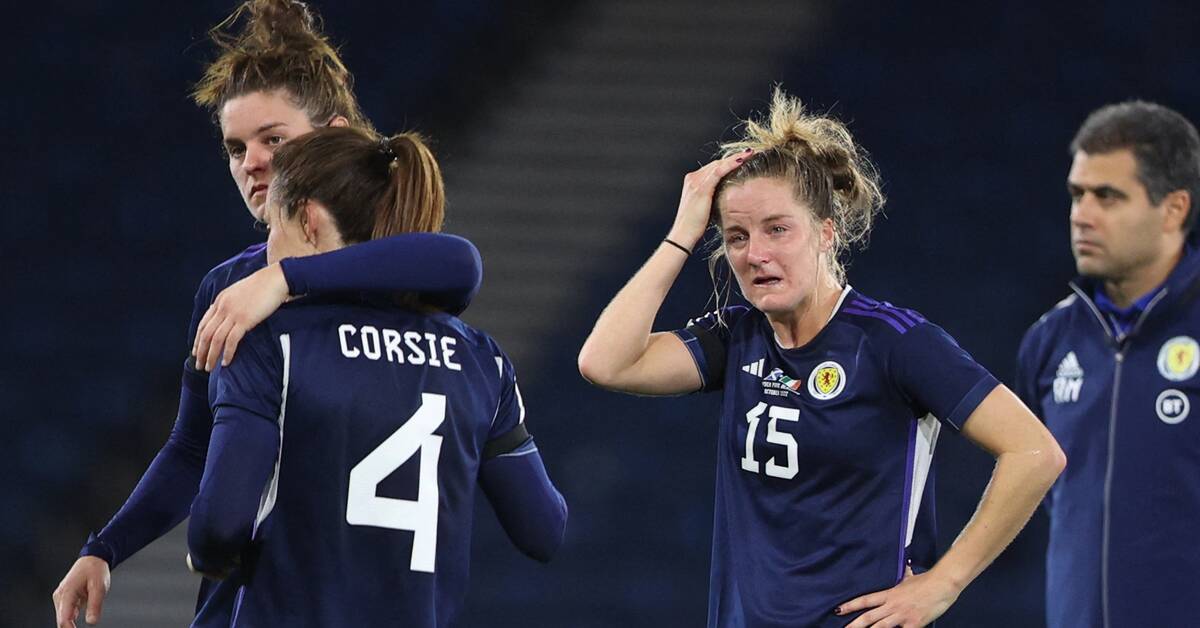The players are demanding equal pay, something the Scottish FA claims they are already giving them.
In addition, the players demand that they be treated in the same way as the men in terms of, for example, training facilities, hotels, travel and medical resources.
If they do not reach an agreement, the players do not rule out refusing to play matches.
- It has been a far-reaching process regarding our agreements.
For two years we have failed to reach a solution.
We have found out some differences and unfortunately we have ended up where we are now.
The players have felt this for a long time, and there have been times when they have felt they have been treated disrespectfully, team captain Rachiel Corsie told Sky Sports, adding a little later:
- In the end, the most important thing is that we reach a solution, where we can guarantee that both A national teams get sufficient conditions.
Danish players have gone on strike
In recent years, many women's national teams have acted to obtain equal agreements.
In the fall of 2017, for example, Denmark's women's national team went on strike, and in 2019 the US women's national team sued its federation for gender discrimination.
That legal process ended last winter with a settlement that gave the players SEK 225 million.
The Swedish women's national team has also threatened to go on strike, but it has never gone that far and the parties have agreed on new agreements.

